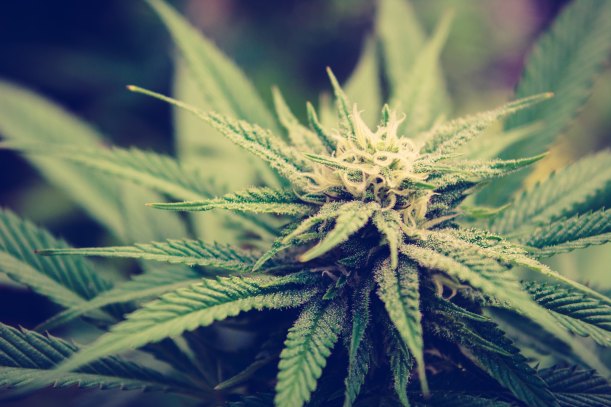
“And he cried mightily with a strong voice, saying, Babylon the great is fallen, is fallen, and is become the habitation of devils, and the hold of every foul spirit and a cage of every unclean and hateful bird.”
~Revelation 18:2
The days of The Beer Store’s monopoly are over, and I fear we are the poorer for it.
For months now, we’ve known something big was coming from our Dear Premier, Douglas Clortho Ford. There had been rumblings that an announcement about the province’s retail beer system was forthcoming and my sources at Queen’s Park were increasingly troubled by Dofo’s anxious, aggressive behaviour. They tell me he’d been eating an inordinate amount of mint-flavoured toothpicks from his favourite Etobicoke diner and aides were calling out sick in droves, fearful of his restless energy. “He has been pacing for hours,” one told me a few weeks ago under the strict condition of confidentiality. “He’s worn through two pairs of double-wide loafers and he’s sweat through half a dozen ill-fitting wool blazers.”
Indeed, he was excited. And now we know why.
Because two weeks days ago, steeped in Dep gel and bounding through the automatic doors of a convenience store like the demon dog from Ghostbusters bursting out of Louis Tully’s bedroom, Ford announced that the province wouldn’t be renewing the Master Framework Agreement, which currently limits the number of grocery stores that are allowed to sell beer and prevents anyone but The Beer Store from selling beer in formats bigger than a 12 pack.
Yes, the days of The Beer Store’s monopoly are over, but I fear we are the poorer for it.
Obviously, killing The Beer Store’s stranglehold on the exclusive ability to sell Ontarians packaged beer is a good thing. The Beer Store, conceived of as a cooperative of Ontario’s breweries, became a farce once the biggest breweries on earth commenced their ruthless strategy of buying up or pushing out as many independent breweries as possible in the name of bland, yellow, carbonated capitalism. Now the erstwhile co-op is owned by three of the earth’s biggest beer-marketing machines and has lumbered on as the dusty, conveyor-belt-and-malt-fart-scented offspring of the shittiest parts of Canada’s beer industry; a biproduct of unchecked greed kept alive by stupidity and laziness.









